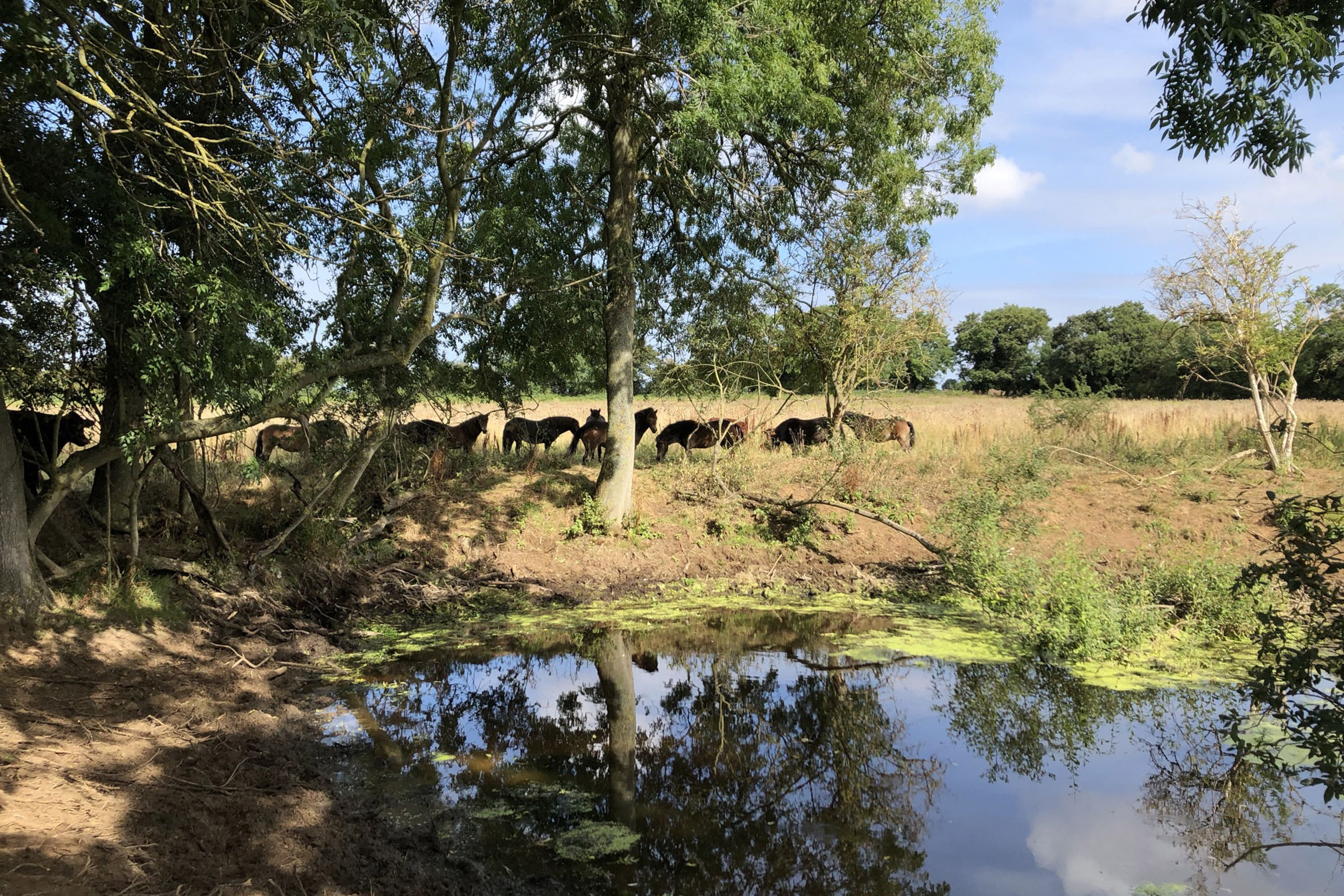Deliver on plans to pay farmers for restoring nature, Government urged
Delaying or diluting the new land management scheme would be a missed economic opportunity and harm nature and food production, campaigners say.

Your support helps us to tell the story
From reproductive rights to climate change to Big Tech, The Independent is on the ground when the story is developing. Whether it's investigating the financials of Elon Musk's pro-Trump PAC or producing our latest documentary, 'The A Word', which shines a light on the American women fighting for reproductive rights, we know how important it is to parse out the facts from the messaging.
At such a critical moment in US history, we need reporters on the ground. Your donation allows us to keep sending journalists to speak to both sides of the story.
The Independent is trusted by Americans across the entire political spectrum. And unlike many other quality news outlets, we choose not to lock Americans out of our reporting and analysis with paywalls. We believe quality journalism should be available to everyone, paid for by those who can afford it.
Your support makes all the difference.Delaying or diluting payments for farmers to help nature recover would be a “significant missed economic opportunity”, the Government has been warned.
Campaign group Rewilding Britain also said it would harm efforts to tackle the climate and nature crises and be damaging to the future of farming and food production.
The organisation has written an open letter to Environment Secretary Ranil Jayawardena, signed by dozens of landowners and farmers who are involved in rewilding projects on their land, urging him to implement without delay the new “environmental land management scheme” (Elms) as it was intended.
Concern has been sparked by reports that the Government is considering abandoning or curbing the plans to implement Elms, which covers England, pioneered by Michael Gove when he was environment secretary and worked on for several years.
The Elms payments will replace the EU subsidies regime for agriculture which made payments mostly on the basis of the amount of land farmed.
Delays or diluting the nature recovery opportunities offered by Elm would represent a significant missed economic opportunity
The new programme was intended to pay farmers with taxpayers’ money for public goods, such as wildlife restoration, clean air and water, and healthy soils – which green groups say also secures future food production.
Alongside payments for sustainable farming practices such as managing soils, Elms is designed to pay for “local nature recovery” habitat creation on farms, and “landscape recovery” projects to restore nature at a large scale, including rewilding schemes.
Rewilding projects – which focus on allowing natural processes to be restored to the point that nature can take care of itself – have come under fire from some quarters for taking land away from food production.
But Rewilding Britain’s letter said there was widespread understanding that producing food and protecting nature go hand in hand.
In the letter to Mr Jayawardena, Rewilding Britain warned that: “The current uncertainty around the future of Elm – with reports ranging from the abandonment of the scheme to pausing for a review and fears of lengthy delays – is of deep concern to ourselves and to the millions of people countrywide, including huge numbers of farmers, who actively support positive action for tackling the nature and climate emergencies.
“Delays or diluting the nature recovery opportunities offered by Elm would represent a significant missed economic opportunity, be damaging for the environment and the future of farming and food production, and would risk undermining confidence in what could be the most important environmental policy for England in a generation.”
The organisation said rewilding projects across landscapes boosted jobs and volunteering opportunities, and it was the “most significant, cost-effective and sustainable way” to help nature recover and reverse the collapse in wildlife.
Schemes that restore wetlands and rivers and regenerate woodlands and wildlife-rich grasslands could also create carbon dioxide stores, reduce flooding and support resilience against wildfires in the face of climate change.
Reversing the decline in nature has “overwhelming” public support, the letter argued.
Rewilding Britain said its network of almost 900 members with projects totalling more than 74,000 hectares (180,000 acres) was demonstrating economic and social benefits as well as boosting biodiversity.
A number of the rewilding network’s members are already involved in Elm scheme “landscape recovery” pilots and working towards “local nature recovery” schemes through existing agreements.
They need payments for public goods to continue the “excellent work” they are doing to restore nature and green jobs, the letter led by Rewilding Britain’s chief executive Rebecca Wrigley and director Alastair Driver urged.
“We need a fast rollout of the Elm scheme, and for it to be ambitious for our rural economy and for nature,” they said.
The Environment Department said the Government is not scrapping the Elms but looking at how best to deliver them and where improvements could be made, in light of pressures farmers are facing as a result of the global economic situation, including the spike in costs.
Mr Jayawardena said: “The environment, farming and economic growth go hand-in-hand and we are committed to our schemes that will support our farmers to produce high-quality food and enhance our natural environment.
“We are committed to halting the decline of nature by 2030 and will not undermine our obligations to the environment in pursuit of growth.”